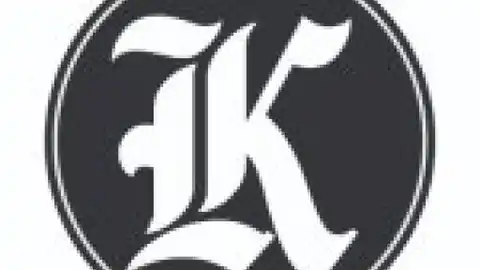Superior Homes Kenya, established in 2003, was founded on the foresight of a burgeoning need for middle-income housing in Kenya, driven by a new political environment stimulating investment.
- •The success of the real estate sector for this demographic is often tied to the nation’s GDP growth exceeding 4-5%, as increasing wealth naturally leads to demand for improved housing.
- •Superior Homes’ competitive edge stems from its commitment to large-scale developments, such as its flagship 160-acre Green Park estate which boasts over 700 houses and 2,500 residents.
- •This scale creates an “impressive development” and a compelling “shop window” for potential buyers, offering differentiation that compact urban apartments struggle to achieve.
A pivotal factor in their success was the completion of the expressway, which drastically cut commute times to Nairobi and Westlands, leading to rapid inventory clearance within six weeks and proving to be a “godsend”.
This infrastructure improvement made suburban living highly “commutable”. The value proposition offered to the middle class is significant: for the cost of a central Nairobi apartment (Ksh 25-28 million), Superior Homes provides a four-bedroom house with a front and back garden, security, and amenities like play parks, prioritizing family living and green space.
However, the sector faces considerable challenges, primarily the current macroeconomic climate in Kenya marked by a “low velocity of money”. While sales remain strong, cash collection is difficult as buyers struggle with payment plans due to factors beyond their control. Unlike central urban areas like Kilimani and Lavington, where public infrastructure struggles to keep pace with rapid private development, Superior Homes mitigates this by developing on the outskirts.
This strategic positioning allows them to control and build their own infrastructure, including planned future developments that will be completely off-grid for water, power (using solar and battery backup), sewage, and waste management, setting a new standard for sustainability and self-sufficiency.
A key insight from Superior Homes’ experience is the market’s strong appreciation for more open space and green areas, a departure from the common Kenyan trend of maximizing house size on minimal land. Early adopters in their spacious developments have seen substantial capital appreciation, demonstrating that the market values this approach to density. Crucially, the company safeguards the long-term value and livability of its estates through meticulously crafted legal documents and deed of covenants.
These rules prevent undesirable activities, ensuring the development remains sustainable and attractive over decades, a stark contrast to places where a lack of enforcement can lead to rapid decline.
Unlike many developers who exit post-sales, Superior Homes maintains a presence on the management company board, actively engaging with homeowners to resolve issues and ensure the development thrives, reinforcing trust and serving as a continued “shop window” for future projects.




